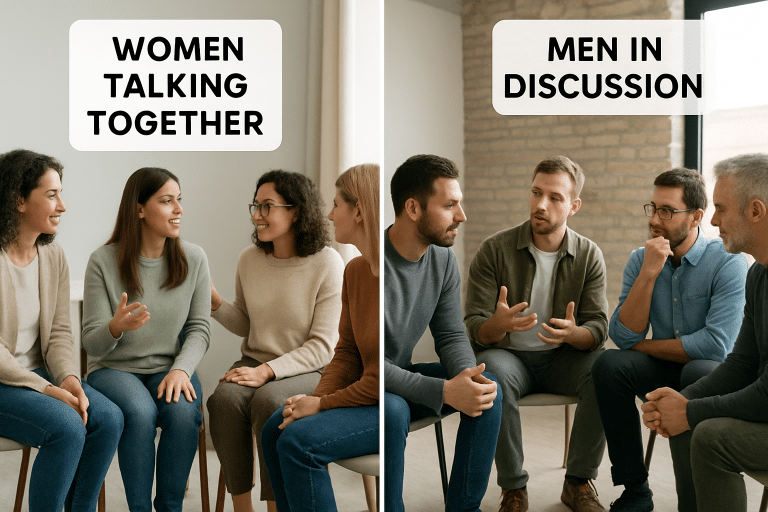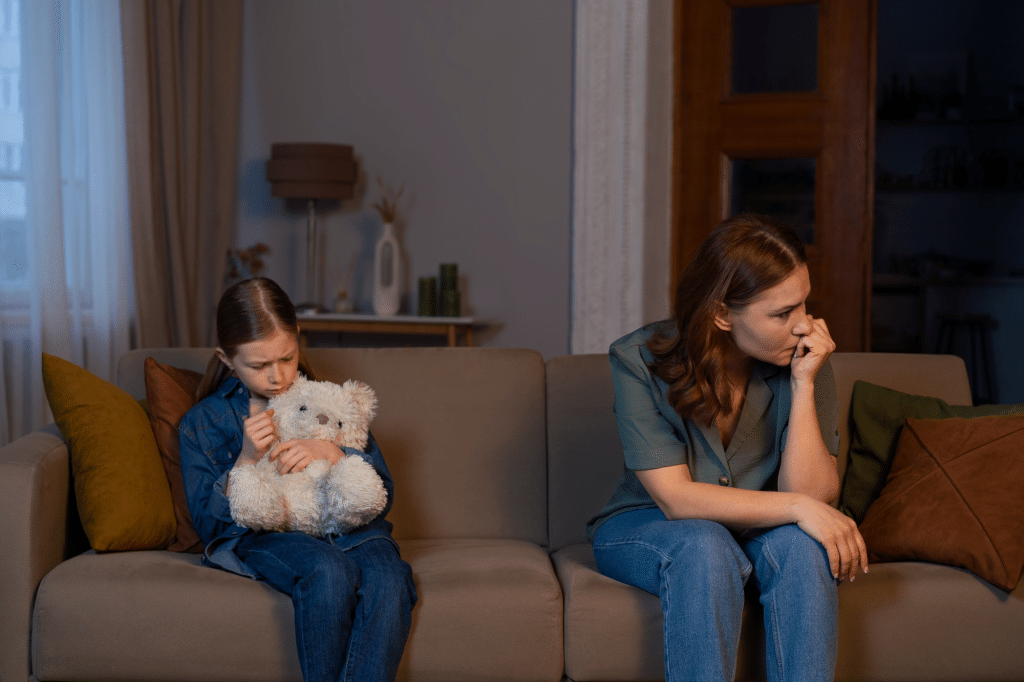Key Takeaways
- Gender-specific treatment programs customize care for the unique needs of men and women.
- Safe, supportive environments encourage open discussions and genuine healing.
- Therapies address gender-specific triggers and underlying causes of addiction.
- Peer support within gender-specific settings can strengthen recovery outcomes.
- Evidence suggests higher success rates and increased engagement when treatment is tailored to individual gender.
Understanding Gender-Specific Treatment in Recovery
Recovery is a deeply personal journey, and understanding how gender influences treatment can make a significant difference in long-term success. Men and women often face distinct emotional, social, and biological challenges when overcoming addiction. For instance, women may struggle more with trauma-related triggers, while men may be influenced by societal pressures to suppress emotions. Recognizing these differences enables more compassionate and tailored approaches that address each individual’s unique needs.
Gender-specific treatment programs provide a supportive environment that encourages openness, comfort, and trust among peers who share similar experiences. These programs often focus on targeted therapies, coping strategies, and group dynamics that align with each gender’s recovery process. If you or someone you care about is exploring personalized options for healing, find out more now about how gender-specific care can empower individuals to rebuild their lives with confidence and long-lasting resilience.
Safe and Supportive Environments for Honest Healing
One foundational element of gender-specific recovery is the ability to share sensitive experiences without fear or hesitation. Many women entering treatment have endured trauma such as domestic abuse or sexual violence; discussing these issues in a female-only group can promote safety and trust. For men, expressing emotions or discussing vulnerability in a male-only program can counteract the societal expectation to remain stoic, enabling more authentic engagement with therapy.
These safe, supportive spaces foster a sense of community essential to successful recovery. Individuals are more likely to take emotional risks and share their struggles when surrounded by peers who share similar stories and challenges.
Addressing Gender-Specific Triggers and Underlying Causes
Men and women face addiction differently, necessitating customized treatment approaches. Women often turn to substances to cope with trauma, relationship challenges, or mental health issues. Female-centered programs prioritize trauma-informed care, focusing on emotional healing, building trust, and fostering healthy relationships.
Conversely, men may turn to substances due to stress, isolation, or difficulty in expressing emotions. Male-oriented treatments aim to enhance emotional skills, manage stress effectively, and improve communication. Tailoring interventions to address gender-specific factors tackles the root causes of addiction more effectively than one-size-fits-all methods.
Therapeutic Approaches Tailored to Gender
The effectiveness of any treatment hinges on its specific therapies. Gender-specific models cater to unique needs: women might benefit from therapies that focus on relationship skills and trauma recovery, such as CBT and group therapy. Men may prefer approaches centered on coping strategies, problem-solving, and communication.
Holistic methods, such as mindfulness, yoga, or expressive arts, are commonly used to foster overall well-being. The flexibility of these programs allows individuals to engage with therapists, peers, and healing techniques tailored to their needs.
Building Strong Peer Support Networks
Peer support is crucial for achieving and maintaining lasting recovery. Gender-specific programs build strong bonds that boost accountability and motivation. Women in female-only groups often form deep friendships and solidarity, while men-only groups foster camaraderie and openness. These connections often endure after treatment, offering continuous support and improving recovery chances.
Evidence for the Effectiveness of Gender-Specific Programs
Considerable research demonstrates that gender-specific addiction programs can deliver better results than traditional mixed-gender approaches. Studies reveal higher completion rates, increased patient satisfaction, and longer-term sobriety among women in tailored programs—in large part due to the focus on trauma, mental health, and relational dynamics.
Men report greater engagement and support when recovery processes acknowledge their unique emotional and social stressors. This evidentiary support has led to the expansion and refinement of gender-specific treatment options nationwide.
The Importance of Individualized Care
Although gender-specific treatment offers benefits, a universal solution doesn’t exist. Some individuals prefer mixed-gender environments, particularly when they have diverse social support systems. The key is providing access to options tailored to each person’s preferences, history, and goals. Customizing care—through therapies, support systems, or program structures—fosters trust, encourages engagement, and promotes durable outcomes by meeting individual needs.
Conclusion
Gender-specific treatment programs have transformed the addiction recovery landscape by offering safe, tailored, and supportive spaces for healing. By aligning therapies and environments with the realities of men’s and women’s lives, these programs empower individuals to take control of their recovery and achieve long-term success. The growing body of evidence advocating for gender-specific care highlights its value—not just as an alternative, but as a vital resource in the journey toward sobriety and wellness.





































